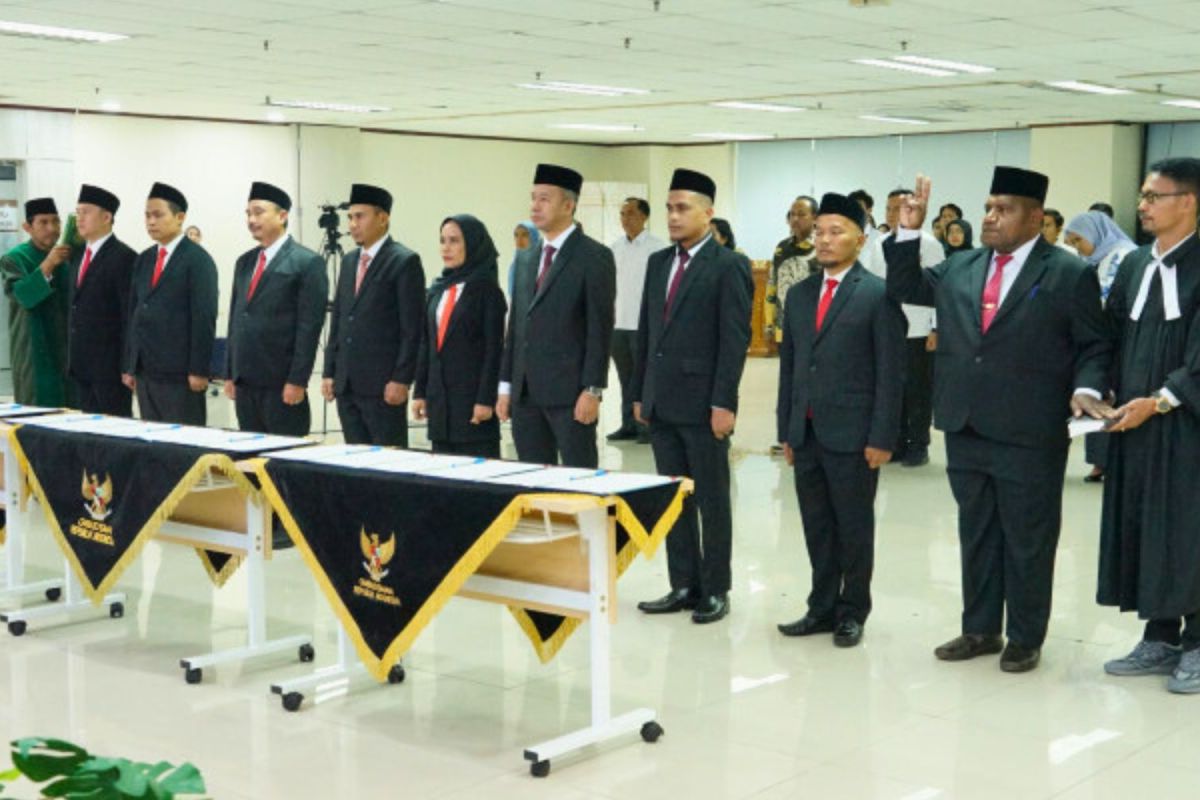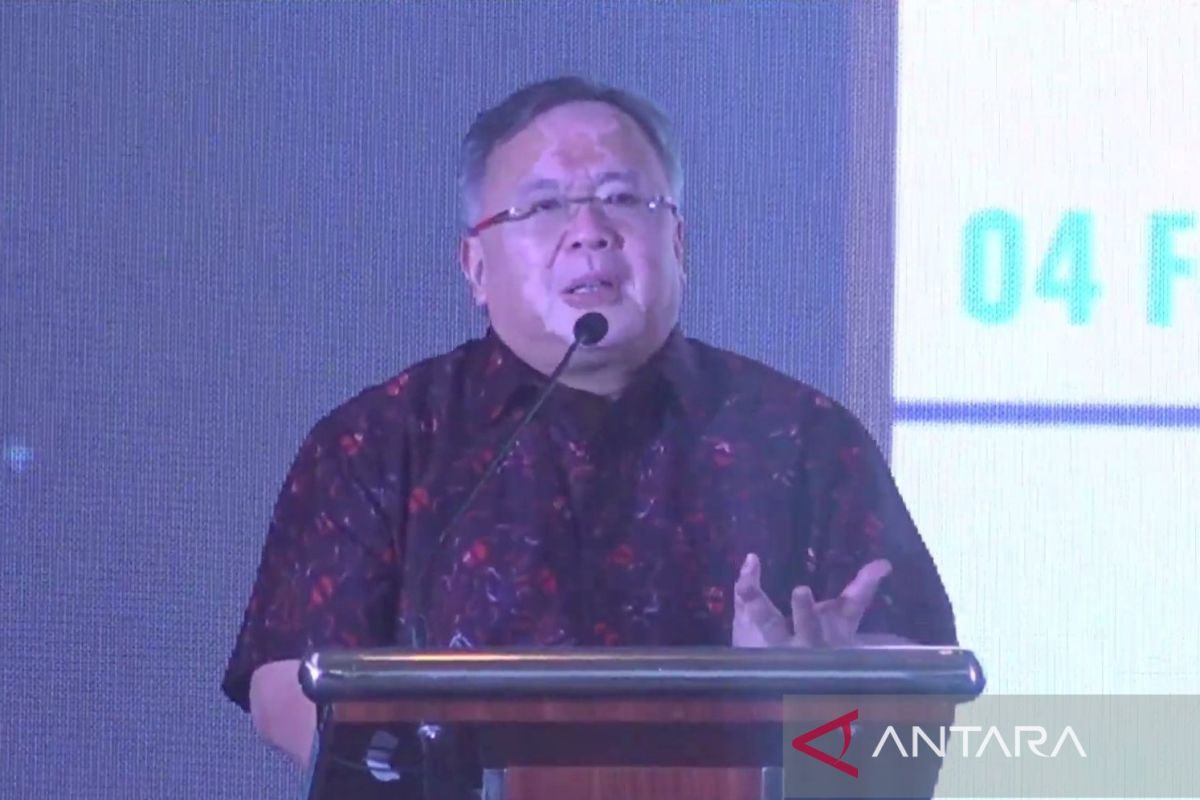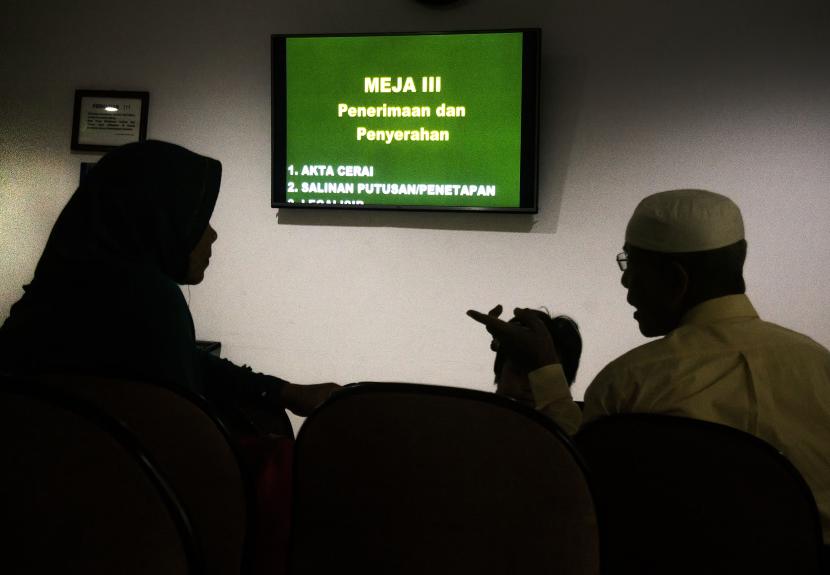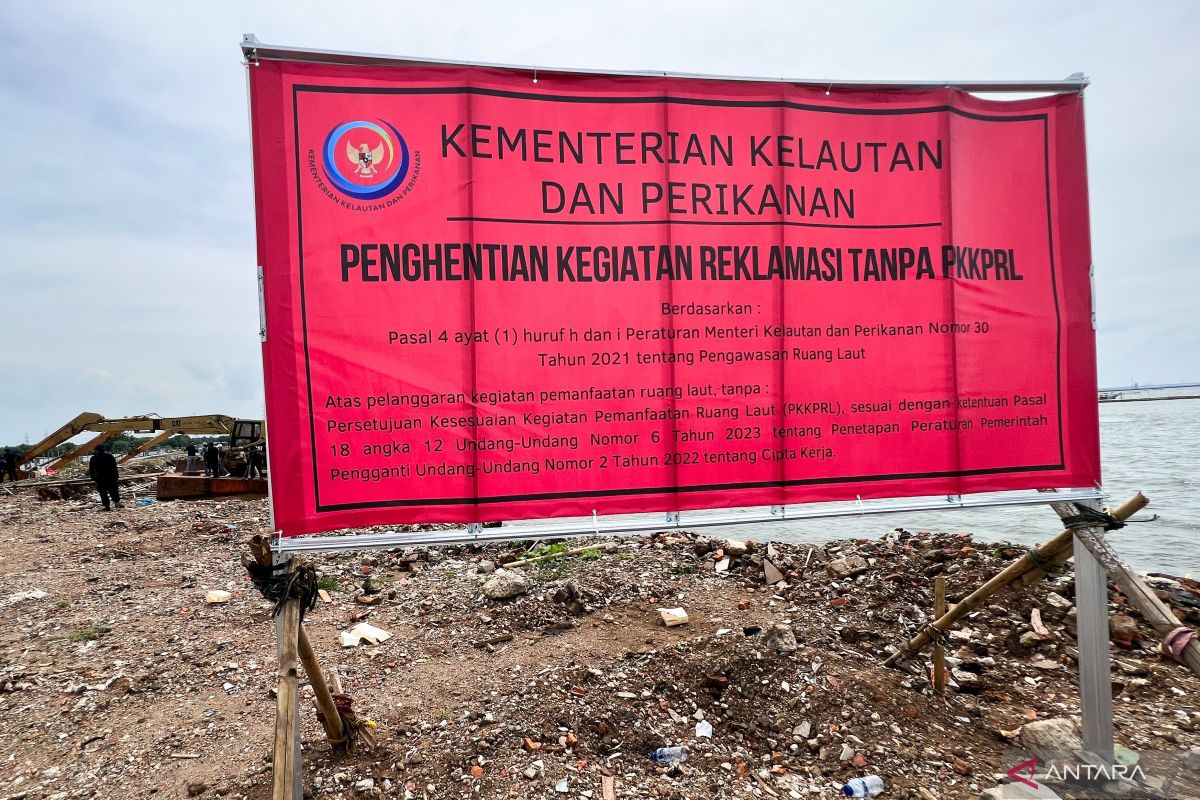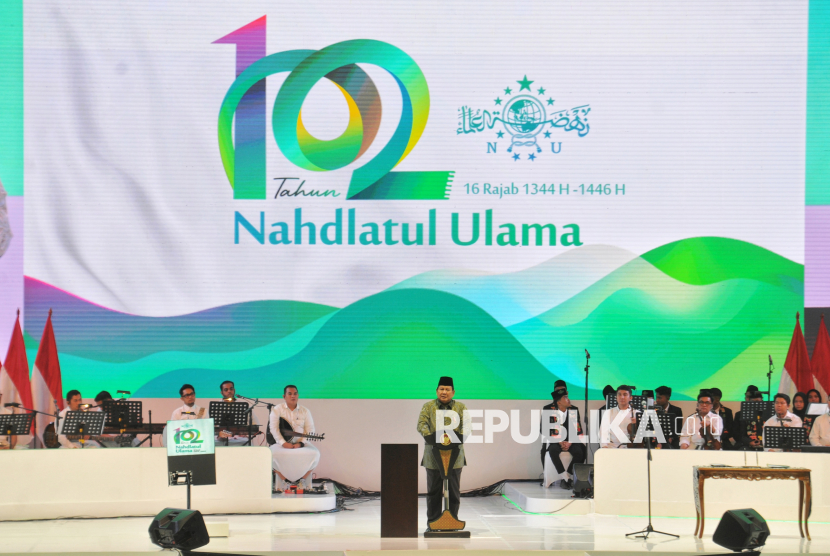U.S. Tariffs on China; Bank Indonesia Talks of Impact on Indonesia's Exports
High U.S. tariffs could affect strategic sectors that have long relied on the Chinese market.

TEMPO.CO, Jakarta - The United States' high tariff policy on is again raising concerns about global trade stability. As a major trading partner of Indonesia, a slowdown in China's economy could seriously affect Indonesia's exports, especially in strategic sectors that depend heavily on the Chinese market.
Juli Budi Winantya, Director of the Department of Economic and Monetary Policy at Bank Indonesia, stated that increased uncertainty due to U.S. protectionist policies could hinder China's economic growth.
"The risk may come from our slowing exports due to China's slowing economic growth. The second risk is that Chinese products that can no longer be sold to the United States may flood the Indonesian market," he said during a discussion on Current Economic Development and Monetary Policy Response at the Bank Indonesia building in Aceh on Friday, February 7, 2025.
Since the -China trade war escalated during the Donald Trump administration's first term, pressure on the Chinese economy has intensified. With the threat of even higher tariffs, Juli noted that the potential for a slowdown is once again a concern, given China's importance as a trading partner for many countries, including Indonesia. Weaker demand from China could directly affect Indonesia's export performance, particularly for key commodities such as coal, palm oil, and manufactured goods.
However, these challenges also present opportunities for Indonesia. Juli suggested that Indonesia could capture the export market share that China loses in major destination countries, including the U.S. and Europe.
"We have also seen assessments related to product similarity. There are many products from the United States and Vietnam that have similarities with our products, so it could become a new export opportunity," he explained.
Furthermore, the relocation of investments from China to other countries offers potential for Indonesia to attract foreign capital. While Vietnam was a primary beneficiary of manufacturing relocation during the 2017-2018 trade war, Vietnam now also faces tariff risks. This positions Indonesia strategically to attract direct investment.
However, Juli emphasized that infrastructure readiness, investment regulations, and fiscal incentives will be crucial for Indonesia to capitalize on these opportunities. Amidst increasingly complex global dynamics, he stressed the need for synergy between the government and Bank Indonesia to maintain domestic economic stability while ensuring that exports remain competitive in the international market.
Editor’s Choice:
to get the latest news updates from Tempo on Google News






